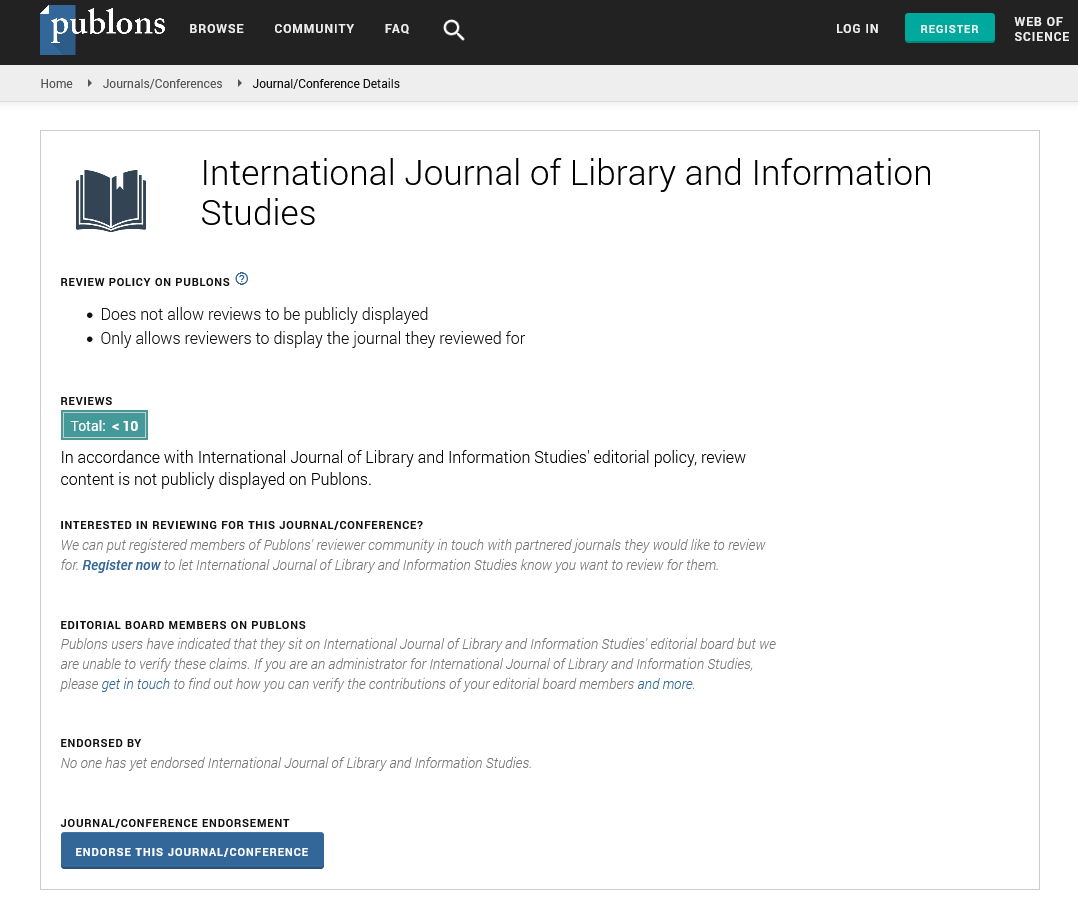

A Comparative Analysis of Knowledge Management Practices in Kenyan Public and Private Sector Organizations
Abstract
Author(s): Daniel Wambiri Muthee*
The effective management of knowledge is essential for organizations seeking to gain a competitive advantage in today's dynamic and rapidly changing business environment. Knowledge management involves identifying, creating, sharing, and utilizing knowledge to achieve organizational objectives. Despite the growing recognition of its importance, there is still limited research on knowledge management practices in both public and private sector organizations, especially in the context of developing countries like Kenya.
This paper presents a comprehensive comparative analysis of knowledge management practices in Kenyan public and private sector organizations. The study aims to identify the similarities and differences in the adoption and implementation of knowledge management practices in these two types of organizations within the Kenyan context. The research methodology involved a review of relevant literature and a survey of employees from a diverse range of Kenyan public and private sector organizations.
The study revealed that both public and private sector organizations in Kenya recognize the importance of knowledge management, but differ in their approaches to its implementation. Private sector organizations in Kenya tend to be more proactive in implementing knowledge management practices, while public sector organizations face challenges in implementing knowledge management due to bureaucratic structures and cultural barriers. Additionally, the study identified key factors that influence the successful implementation of knowledge management practices in both public and private sector organizations in Kenya, such as leadership support, organizational culture, and employee training.
The paper concludes by providing practical implications for Kenyan organizations seeking to improve their knowledge management practices. The study highlights the need for tailored approaches to knowledge management in public and private sector organizations in Kenya, and suggests strategies for overcoming barriers to its successful implementation. Overall, this study contributes to the knowledge management literature by providing insights into knowledge management practices in the Kenyan context, and offers practical guidance for organizations seeking to improve their knowledge management practices in developing countries.
Call for Papers
Authors can contribute papers on
What is Your ORCID
Register for the persistent digital identifier that distinguishes you from every other researcher.
Social Bookmarking
Know Your Citation Style
American Psychological Association (APA)
Modern Language Association (MLA)
American Anthropological Association (AAA)
Society for American Archaeology
American Antiquity Citation Style
American Medical Association (AMA)
American Political Science Association(APSA)



